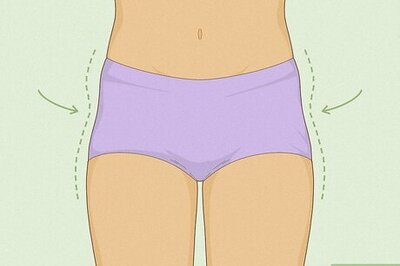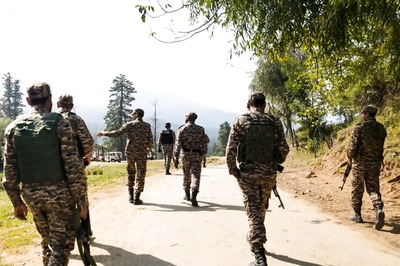
views
New Delhi: India and Britain have entered into an agreement to develop a new "live vaccine" for longer immunity against deadly Haemorrhagic Septicaemia (HS) disease among cattle and buffaloes.
An MOU was signed between Indian Veterinary Research Institute (IVRI), Bareilly and two UK institutions – Moredun Research Institute and University of Glasgow -- here last week, IVRI Director M C Sharma said in a press statement.
Established in 1889, IVRI is one of the premier research institutions dedicated to livestock research and development. It is an arm of ICAR (Indian Council of Agricultural Research).
As per the agreement, the experts would work to develop the "live vaccine" which will make the gene responsible for the disease latent for a longer time, an expert from IVRI, involved in the research, said.
At present, "killed vaccine" is used in the country to provide immunity from the disease for a short-duration ranging from 6-9 months, he added.
HS is an endemic bacterial disease that effects cattle and buffaloes in India, Southeast Asian countries, Africa and South America. It claims the lives of a large number of animals.
Transmission of bacteria is airborne, but infection leads quickly to systemic disease causing death of the animal within 24 hours. HS results in respiration drops in cattle and buffaloes and is considered as the main cause of mortality among them.
The disease is more common in the rainy season and is caused mainly due to unhygienic condition in the living place of the animals, the IVRI scientist said.
IVRI Director M C Sharma said that the new vaccine would save the lives of thousands of cattle and buffaloes in India.
UK's Wellcome Trust has provided more than 1 million pounds for the joint research work.

















Comments
0 comment